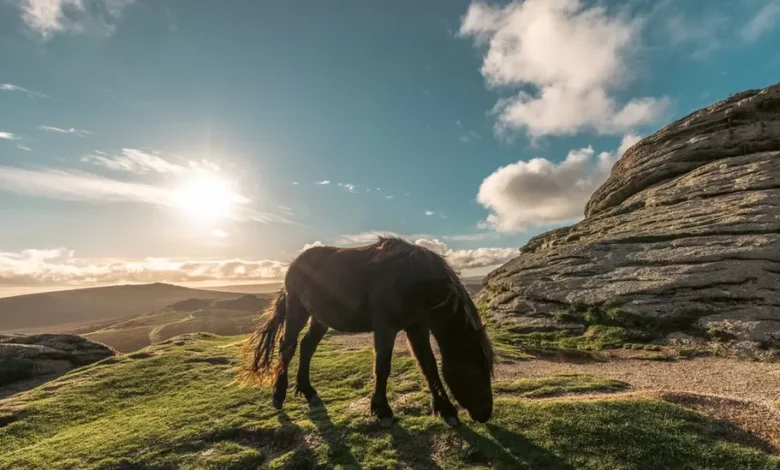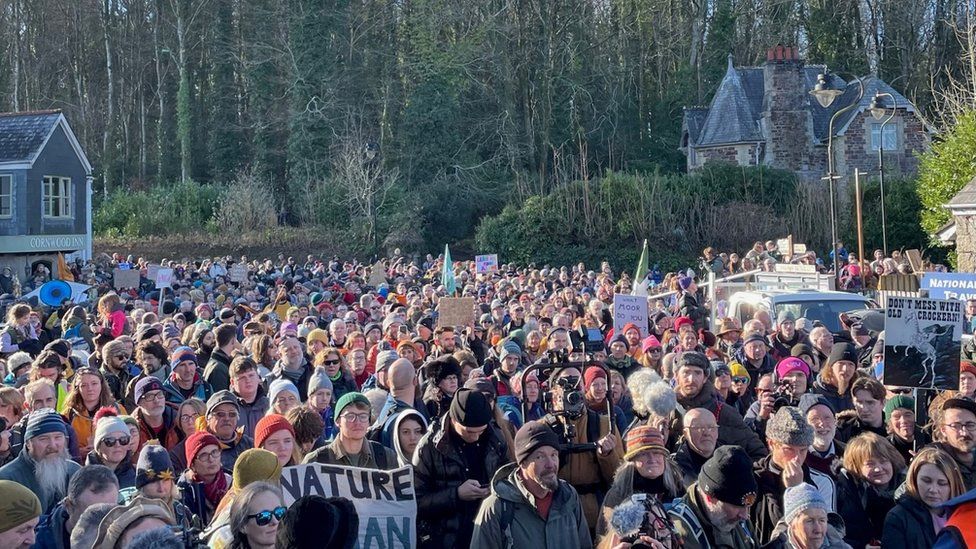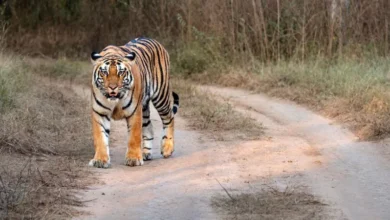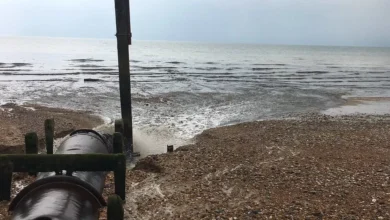Dartmoor wild camping to resume after appeal win

The public can ‘wild camp’ in Dartmoor again without landowners’ permission after the National Park Authority won their appeal case.
The right to do so had been allowed under a decades-old local law until January this year, when it was challenged by a local landowner.
It will now return as the only place in England where wild camping is allowed without permission.
Open Spaces Society, which also brought the appeal said it “was delighted”.
At the centre of this case was whether wild camping can be considered open-air recreation, which is allowed in the Park under the Dartmoor Commons Act 1985.
Local landowners, Alexander Darwall, a hedge fund manager, and his wife Diana – who have owned a 4,000 acre (16-km sq) estate in southern Dartmoor since 2013 – argued that it did not and wanted to revoke permission to their land for camping.
Their original High Court challenge and victory in January brought thousands of people out in protest and sparked a nationwide debate on public access in the English countryside.

The National Park Authority and the UK’s oldest conservation charity, the Open Spaces Society (OSS) brought an appeal this month against that decision.
In the summary judgement, confirming victory for the charities, Lord Justice Underhill said that wild camping “plainly fell” within the definition of open air recreation as many people “took pleasure in the experience of sleeping in a tent in open country”.
On hearing the result Kate Ashbrook, general secretary of the Open Spaces Society said: “This is an excellent outcome, we are relieved that the judges ruled unanimously and conclusively that open-air recreation includes backpack camping on the commons.”
Kevin Bishop, chief executive for Dartmoor National Park Authority, said: “[the judgement] means people can experience the joys of backpack camping on Dartmoor, provided everyone follows the ‘leave no trace’ principle.”
A representative for the Darwalls has been approached for comment.
The hearing, which took place two weeks ago included some bizarre exchanges between the lawyers and judges.
Timothy Morshead KC acting for the Darwalls, had argued that sleep cannot be considered to be “recreation” as you are not conscious.
But Sir Geoffrey Vos, one of the judges presiding said there was no difference between a walker or painter who rested on the ground after their activity and fell asleep and a walker that came into the park and erected a tent.
Morshead said that the Darwalls took objection to the erection of tent ‘structures’.
The judges proceeded to ask him where the line should be drawn on erecting structures – would inflatable goalposts from Argos for children to play football be allowed, they asked?
Tim Straker KC acting for the Park and OSS said the practice of wild camping does not involve significant structures like camper vans “which on Dartmoor are directed to designated or registered sites”.
The victory was met with delight by environmental charities and campaigners on Monday after the verdict broke.
Green Party MP, Caroline Lucas, said it was a huge win for “re-establishing our connection with nature and the land we call home”.
Guy Shrubsole, co-founder of campaign group Right to Roam, said this was not the end of the fight for land rights.
He called for a new Right to Roam Act for England so that wild camping can be extended beyond Dartmoor.










